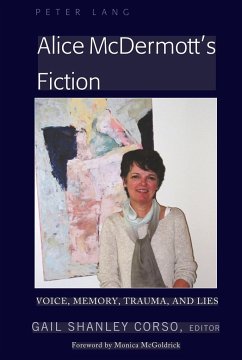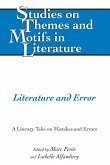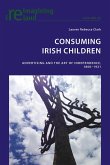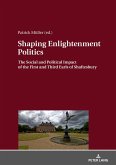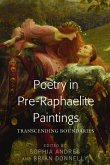In Alice McDermott's Fiction, contributors explore the emotional pain, the uncertainty about identity, and the faulty relationships within families and communities of characters in the writer's work. In the Foreword, Monica McGoldrick identifies how complications such characters as in McDermott's fiction experience often relate to "reverberations of the pain and shame of their Irish ancestors that have been silenced over time." The aftermath of lies, self-deception, and trauma are analyzed, and McDermott's themes, stylistics, and aesthetics are identified: familial relationships in second- and third-generation Irish-American families; trauma that characters experience when living their lives of repressed feelings or conflicted self-identity-or forgotten cultural identity; silence in families and inauthentic relationships between mothers and daughters; propensity for characters to lie to show care and concern for another and to cling to mythical images of a patriarchal hero; allusions to Catholic ritual and belief; conflict of female characters as they grapple with choice and autonomy; wit and farce as social commentary; craft with spontaneity and recursion in her narrative structures; emblematic use of peak moments as significant to memory; use of stealth narrators; use of allusions wryly to provide for an astute reader the intertextuality of her stories; repetitive metaphoric use of language to indirectly reveal truth; and, finally, focus on art or telling the story to compensate for sorrow from loss and death. As McDermott's characters grapple with their trauma and loss, the redemptive quality of the arts is identified.
Bitte wählen Sie Ihr Anliegen aus.
Rechnungen
Retourenschein anfordern
Bestellstatus
Storno

